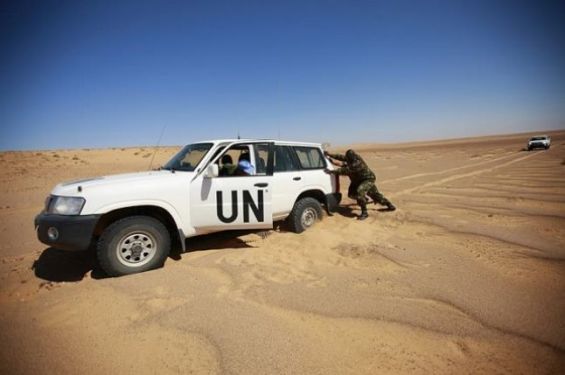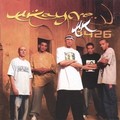The UN Secretary General submitted, Wednesday, to members of the Security Council his annual report on Western Sahara. An opportunity for Antonio Guterres to give an overview of the circumstances in which the MINURSO works.
In the report’s 55th paragraph, the Portuguese diplomat stressed that MINURSO’s ground patrols east of the berm are limited in range during the day. «Regarding ceasefire monitoring and compliance, the lack of a joint commission, as exists in other contexts, consisting of representatives of the parties and MINURSO, also posed challenges to the prompt and timely handling of allegations of violations, as MINURSO needed to liaise with the parties separately for each allegation».
Security considerations in the region continue, according to the UNSG, «to have a major impact on ceasefire monitoring and resupply of logistics». And to explain his stand, he added that «logistics convoys are vulnerable and depend upon prior aerial reconnaissance of routes».
Guterres seek lenders for the purchase of a third helicopter in an attempt to enhance the MINURSO’s fleet, during the day. «Aerial patrols will become more available thanks to a third helicopter, but will remain limited to daylight hours», he estimated. However, Guterres' request, which was part his 2017 report, is unlikely to be met as the American government announced in December that it is cutting a significant amount of its UN budget obligations.
MINURSO’s limited abilities
In paragraph 57, the Secretary General believes that in the «west of the berm, the Mission’s vehicles continued to bear Moroccan number plates, affecting the perception of the Mission’s impartiality and contrary to the agreement in principle reached with the Government of Morocco in 2015». His predecessor, Ban Ki-moon, had also referred to the same point in his previous reports.
The secretary general also said that the Polisario continues to «protest the Moroccan practice of affixing stamps on the passports of MINURSO staff members upon entry to and exit from Western Sahara».
Moreover, Antonio Guterres stated MINURSO’s observers in Guerguerat have been «limited in their ability to observe the area outside of the well-travelled portion of the road due to safety concerns in particular, landmines and explosive remnants of war», insisting that ground observations require «the support of a helicopter».





 chargement...
chargement...













